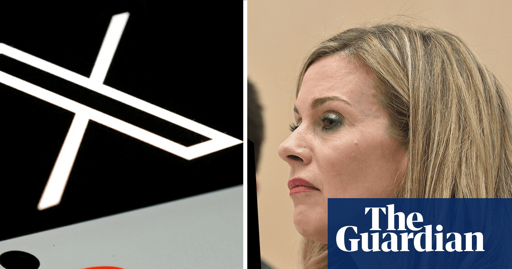Companies approached by the eSafety commissioner this month about the requirement to prevent under 16s from holding social media accounts from 10 December have conducted a self-assessment that the commissioner will use to decide if they need to comply with the ban.
eSafety will not be formally declaring which service meets the criteria but companies that eSafety believes meet the criteria will be expected to comply.



This is the right way to make laws and rules.
It’s the same way we do tax - self compliance. You self report but if you’re caught breaking the rules then you face punishments.
If the administration just made a list of who’s effected, it would be perpetually incomplete. This way, everyone is effected.
They can’t just unilaterally decide that your self assessment is “wrong” without explanation. Also their decisions about who is effected are public, and can be relied on by others to self assess.
This leads to overzealous blocking because it might be by some interpretation applicable to you/your product.
Thus you will be blocking in advance just so you don’t face charges.
Great.
No it doesn’t. Our tax system works the same way. It doesn’t lead to overzealous deduction denial because people are worried about getting it wrong.
Its an efficient and transparent approach.
Maybe for money where they can calculate the risks. But IMHO not for more severe (for example percentage based) punishments where companies will actively try to avoid getting in the crosshairs.
I see it a bit iffy. Yes, your argument is valid but I have a feeling mine is so too.
Also, isn’t it a bit weird to generalize a tax system in an international context?
Sorry I don’t really understand what your argument actually is.
Since the dawn of writing, legislators (kings / politicians) have laid down the rules. Regulators (police, tax office) have enforced the rules. And courts decide whether the rules have actually been broken and what the penalties ought to be.
In the vast majority of self assessment situations, it’s very obvious how the law applies to ones situation, there is very little doubt. You just follow the rules and face penalties for breaches.
In those few situations which are unclear, you generally have a range of options:
Finally, most legislation relating to corporate behavior has safe harbor clauses. That is, where someone has acted reasonably, taken reasonable steps, and made a good-faith attempt to interpret and apply the rules correctly, the regulator won’t penalise them even if they’re found to have breached the rules.
That is to say penalties are usually only applied where there’s a breach, and there’s no scope to argue that it was a reasonable error.
This is a fair and transparent structure with which to ensure the rules are applied fairly to everyone. It’s very robust, tolerant of edge cases, and the most efficient compliance structure we have.
I don’t really know what an alternative would be? If you want a regulator to publish a list of which apps / companies are effected in what way, that’s just nuts. The antithesis of modern democratic economic regulation.
“Just make the rules super vague and subject to a single person mood on the day and if you break them you’re all sorts of fucked”…… you’re not serious are you?
Absolutely nothing about these authoritarian rules are “public”. It’s just more power being handed to the eKaren to use for her political and ideological reasons, with exactly zero accountability, oversight, or way for us to have a say.